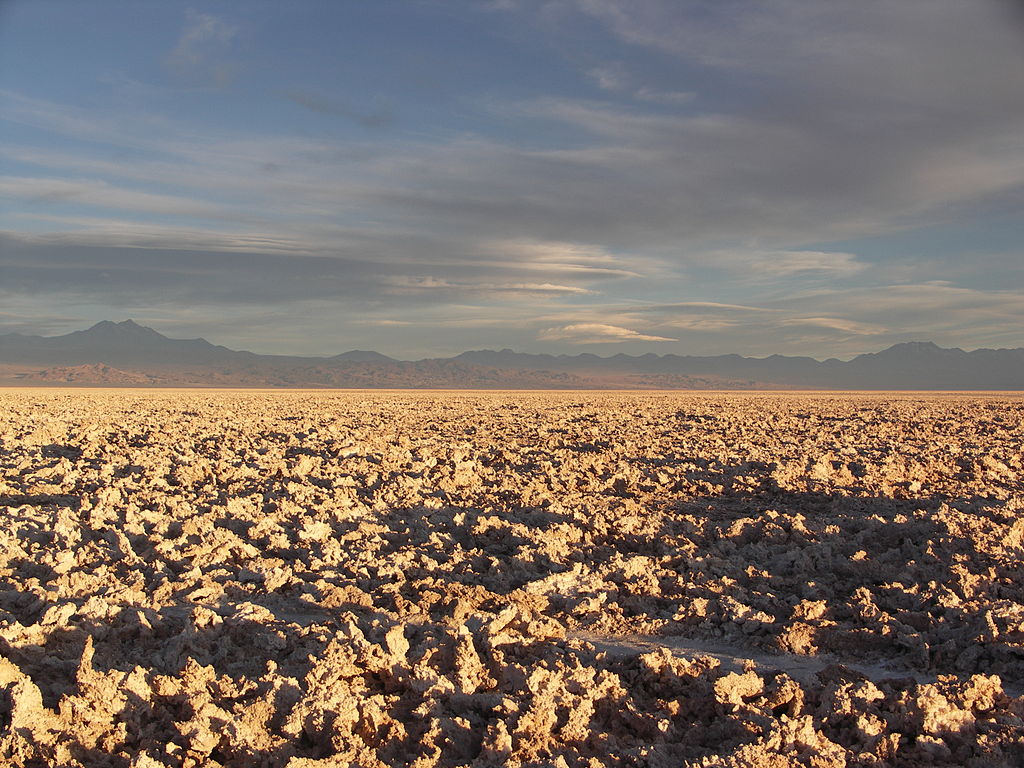From pv magazine India
A delegation from Khanij Bidesh India Ltd (KABIL) recently visited the Lithium Triangle countries in South America (comprising Chile, Argentina and Bolivia) to explore opportunities in the mining of Lithium. Significantly, as India looks to set up large lithium-ion battery plants, these countries have offered to meet India’s growing demand for lithium, reported The Financial Express.
KABIL is a consortium of three public sector companies including National Aluminum Company (NALCO), Hindustan Copper Ltd (HCL) and Mineral Exploration Corp Ltd (MECL). It has been formed by the Ministry of Mines, Government of India, to identify, explore, acquire, develop and process strategic minerals overseas.
As India aims to achieve an all-electric car fleet by 2030, it has started reaching out to the ‘Lithium Triangle’ in South America.
Notably, Lithium mining will also be discussed during the 3-day India visit of Argentina’s President Mauricio Marci this month. Indian President Ram Nath Kovind will discuss the lithium opportunity during his visit to Bolivia and Chile next month, the report added.
Currently, India imports almost all of its Li-ion battery or cell requirements. Most of the work on Li-ion batteries is still focused on R&D—and that too, at the government sector level. In the private sector, meanwhile, companies are primarily building battery packs with Li-ion cells imported from China. India lacks many raw materials including lithium for manufacture of these batteries.
There are newfound lithium reserves in Bolivia and they are very keen on allowing India to tap into them. The country is seeking Indian investment in developing its massive lithium deposits, which account for 60% of the world’s reserves.
Uma Gupta
This content is protected by copyright and may not be reused. If you want to cooperate with us and would like to reuse some of our content, please contact: editors@pv-magazine.com.








By submitting this form you agree to pv magazine using your data for the purposes of publishing your comment.
Your personal data will only be disclosed or otherwise transmitted to third parties for the purposes of spam filtering or if this is necessary for technical maintenance of the website. Any other transfer to third parties will not take place unless this is justified on the basis of applicable data protection regulations or if pv magazine is legally obliged to do so.
You may revoke this consent at any time with effect for the future, in which case your personal data will be deleted immediately. Otherwise, your data will be deleted if pv magazine has processed your request or the purpose of data storage is fulfilled.
Further information on data privacy can be found in our Data Protection Policy.